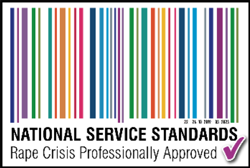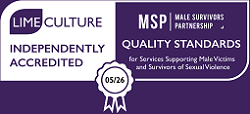Support for Females
We offer support to women from our women-only space.
We know how incredibly hard it can be to talk about sexual violence and abuse and to share that this has happened to you. You might also be confused or unsure about what has happened or have questions about a relationship you are in.
Whilst statistics show that a fifth of all women have experienced some type of sexual assault since the age of 16, we know that many of those people affected often do not get support straight away. Even more do not report what has happened to the police.
Whatever has happened, we are here to listen to you, to believe you and support you. We will not judge.
We are here to support you whether you decide to tell the police or not.
A confidential service
We understand that it can be very hard for a woman to seek support following an assault. You may be fearful of judgement from others or that somehow you were to blame. Whether you knew the perpetrator or not, this can be a very confusing time and confidentiality is important.
You may also be unsure about something that has happened or is happening to you. You might have questions about a relationship that you are in.
We offer support that is confidential and safe and will only pass information on when there is a real need – for example if someone is unsafe. We will not put pressure on you to report to the police.
Support for women in a women-only space
Our services are free of charge. We offer support to women from our women-only space. There are also many other options that we can offer to help you access our service. These include:
- Helpline support and bookable online drop-in
- Face-to-face support or by telephone or through our online counselling rooms
- Appointment slots in the daytime, evening or weekend
- Support in secure community venues
- Accessible rooms
We also have a range of other support options in place, including access to interpreters, including BSL interpreters and hearing loop systems. We will work to adapt our services to meet your needs.
Myths and Stereotypes
We dismantle some of the myths that might act as a barrier to you getting support
We know there are many myths and stereotypes which can especially affect female survivors of abuse. None of these are helpful and they can act as a barrier to stop people getting support.
Our support staff are aware of these unhelpful myths and the impact it can have on you as a survivor. We look at some of these below, but we couldn’t be clearer: if something happened that you did not want – you are not to blame.
Myth: If someone gets really drunk, it’s their own fault.
Reality: People have the right to drink alcohol without getting assaulted. If a person is very drunk, drugged or unconscious they are unable to consent. Sex without consent is rape. The blame lies with the perpetrator.
Myth: If someone didn’t scream or try to fight their attacker off, then it wasn’t rape.
Reality: There are many reasons why someone might not try and fight a person who is assaulting them. Often it is safer not to do so. Many people find that they cannot move or speak at all. Some perpetrators use threats or intimidation to control the other person or make them feel that they would not be believed. If someone does not freely consent to sex, then it is rape.
Myth: If you are in a relationship with someone, it’s always okay to have sex with them.
Reality: It doesn’t matter who the other person is or how long you have been together, no-one has the right to do something sexual with you without your consent. Rape and sexual violence in a relationship is illegal.
Myth: People who were sexually abused as children are likely to become abusers themselves.
Reality: The majority of people who were sexually abused as children never rape or sexually abuse other people. This is a dangerous myth that is sometimes used to excuse the behaviour of people who choose to abuse others. It can also stop victims and survivors asking for the support they need.
Myth: Women shouldn’t go out alone at night as they are likely to get raped.
Reality: Only one in 10 of rapes are committed by strangers. The rest are committed by someone the survivor knows and should feel safe around. This myth blames women for the actions of the perpetrator and makes it more difficult for them to get support.
Myth: Women often lie about rape.
Reality: Stories in the media can give the impression that women often lie about sexual violence. False allegations for rape are very rare. Most people who have experienced sexual violence never tell the police.
Myth: Women provoke men by wearing revealing clothes or flirting.
Reality: People who choose to rape someone are responsible for their own actions. Clothes do not indicate consent for anything.
Myth: Once a man is sexually aroused he can’t help himself; he has to have sex.
Reality: Men can control their urges to have sex just as women can. If a man does not stop when you say no or stop consenting, then it is rape. It can’t be explained away and there are no excuses.
Myth: When it comes to sex, women and girls give out mixed signals. They sometimes ‘play hard to get’ and say ‘no’ when they really mean ‘yes’.
Reality: Everyone has the right to say ‘no’ to sex and to change their mind at any point of sexual contact. When it comes to sex, it is important that we check in with our partners that they are happy, and listen to them. One thing does not automatically lead to another. No matter how far things have gone, everyone has the right to say no or withdraw consent.
Myth: Women don’t commit sexual offences.
Reality: Some women do commit sexual offences against other women, men and children. Often people who’ve been sexually assaulted or abused by a woman worry they won’t be believed or their experiences won’t be considered to be as serious.
Where abuse has happened in a relationship between two women, the survivor can be fearful about homophobic services or what might happen if someone from their community found out.
This can make it difficult for these survivors to access services or justice.


